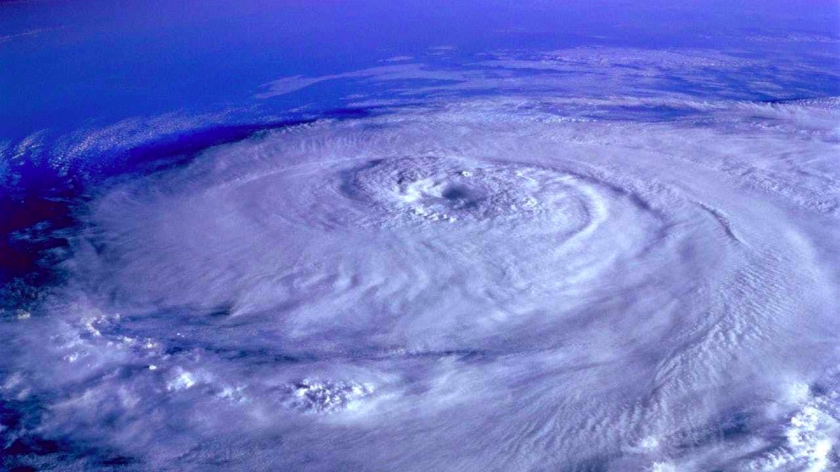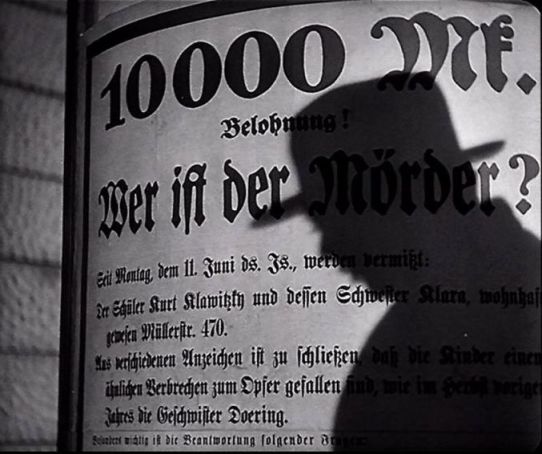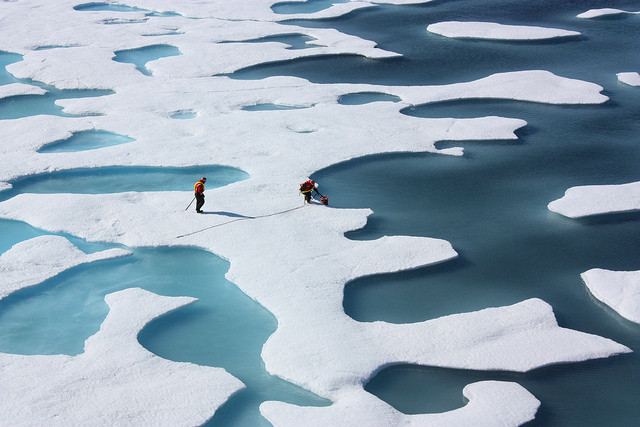
I am bored by reading people who are allies, people of roughly the same views. What is interesting is to read the enemy, because the enemy penetrates the defences.
Isaiah Berlin
Anyway, distinctions no longer mattered in a dance of death, where all the dancers spun on the edge of nothing.
Anna Kavan, Ice (1967)
The darker the reality, the brighter the speech.
Jacques Ellul
64th Secretary of State of the United States (and first woman to serve in that position). Chair of the Albright Stonebridge Group and Albright Capital Management. Professor in the Practice of Diplomacy at the Georgetown University School of Foreign Service. Chair of the National Democratic Institute for International Affairs. President of the Harry S. Truman Scholarship Foundation. A recipient of the Presidential Medal of Freedom, American highest civilian honor, in recognition of her contributions to international peace and democracy…
With such an impressive curriculum, one could assume that Madeleine Albright is fully capable of providing a satisfying, in-depth analysis of the increasing weakness afflicting liberal democracies all over the world. Brexit, the rise of Trump and the ongoing protests in Paris are just a few examples of an underlying malaise which is channeling popular rage against the traditional establishment. What is happening? The answer she provides in her latest book – Fascism: A warning (2018) – is not clear at all. And she is the first one to admit it:
In my twenty-plus years as a professor, I have learned to ask myself, when I am not getting good answers, whether it is because I haven’t been looking in the right places. I wonder now whether we, as democratic citizens, have been remiss in forming the right questions. (pp. 249-250)
Continue reading “Madeleine Albright and the Debacle of Western Politics”








